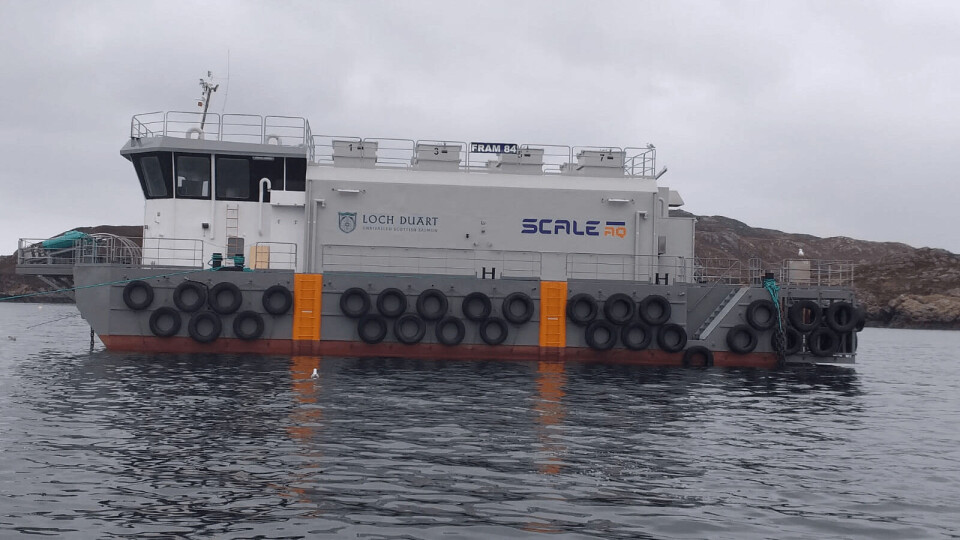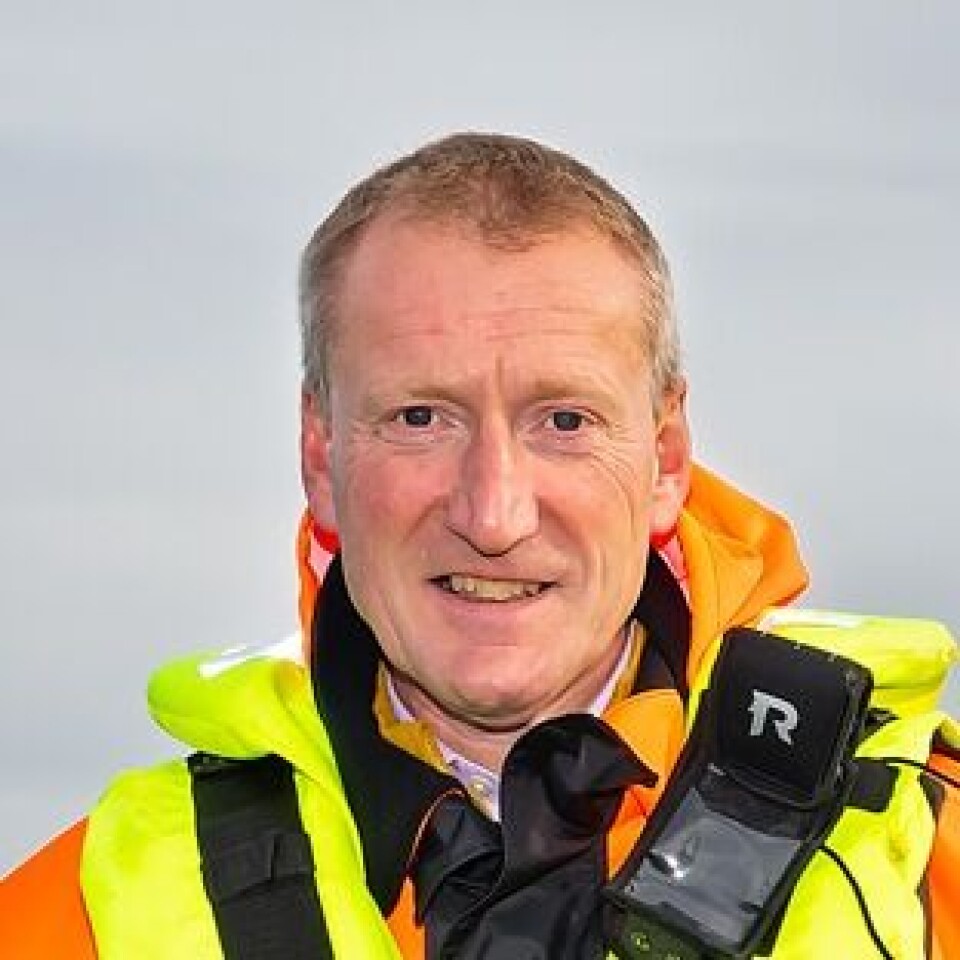
Fish farmers and regulators join talks on way forward
The future direction of Scotland’s fish farming sector is being discussed today at the first meeting of the Scottish Aquaculture Council, chaired by Rural Affairs Secretary Mairi Gougeon.
The Council is the result of a Scottish Government-commissioned report into aquaculture regulation by Professor Russel Griggs and is partly an attempt to improve relations between fish farmers and government agencies, and between the agencies and individuals within them, to build a more efficient regulatory and permitting system.
In his report, Griggs – who is attending today’s meeting - wrote that the degree of mistrust, dislike, and vitriol at both an institutional and personal level between the industry (mainly finfish), certain regulators, parts of the Scottish Government and other stakeholders is at a level he had never seen before.

Government makes the rules
He also stressed that it was the job of government, not regulatory agencies, to make the rules, and for regulators to apply them.
Griggs has proposed changes which should make it quicker for fish farmers to get permission or refusal for new sites and give them longer leases. He also suggests that farmers pay more for licences to fund a better-resourced permitting system and so that more money can go to the communities where fish are being farmed.
Today’s meeting brings senior representatives from key organisations with interests in the industry and its environmental and community impacts around the table to discuss how aquaculture can move forward sustainably.
Salmon executives
Those attending include Tavish Scott, chief executive of salmon industry and supply chain trade body Salmon Scotland, and two other representatives from the salmon industry. Fish Farming Expert understands these will be Mowi Scotland managing director Ben Hadfield and Cooke Aquaculture Scotland managing director Colin Blair, whose companies’ combined harvest volumes add up to around half of Scotland’s annual salmon production.
Senior staff from the British Trout Association, Association of Scottish Shellfish Growers, and the Scottish Seaweed Industry Association are also attending, along with representatives from Fisheries Management Scotland, Scottish Environment – LINK, and the Marine Conservation Society.
The chief executives of Highlands and Islands Enterprise, the Scottish Environment Protection Agency, NatureScot, Crown Estate Scotland and the Convention of Scottish Local Authorities (Cosla) are also expected, along with senior staff from the Scottish Government’s Marine Scotland Directorate and Environment and Forestry Directorate.
Scotland’s chief planner, Dr Fiona Simpson; chief scientific adviser, Professor Julie Fitzpatrick; and chief veterinary officer, Sheila Voas, will also attend, along with an independent reviewer, and Scotland’s environment and land reform minister Mairi McAllan.

Deliver within 12 months
Salmon Scotland chief executive Scott said: “Professor Griggs published his review in February, which sets out a detailed route map to better regulation that works for salmon farmers, local communities, government and society.
“The task of the ministerial-led meeting is to deliver that new framework and do so within 12 months as Professor Griggs recommends.
“The sector today, employing more than 10,000 people across the supply chain, is light years from the cottage industry that emerged on the west coast more than 50 years ago.
“The Council will play a crucial role in shaping that long-term vision for the next 50 years and develop a sustainable aquaculture sector that continues to grow responsibly and support coastal jobs and livelihoods in some of our most fragile, rural communities.”

Significant step
Mairi Gougeon, who announced plans to form the Council at Aquaculture UK in May, said today’s meeting is a significant step toward a stronger and more sustainable future for Scotland’s aquaculture industry.
“Aquaculture is a significant employer in Scotland’s rural and coastal communities and its wider UK and global supply chain. It provides well paid jobs and produces healthy, quality food that is enjoyed worldwide,” said the minister.
“The sector can only truly be a sustainable success story if we work together to address and mitigate any impacts on the natural environment, whilst providing positive outcomes for Scotland’s communities.
“The Scottish Aquaculture Council will help ensure that Scotland’s aquaculture industry is diverse, competitive and economically viable – achieving its full potential and protecting a thriving marine ecosystem for future generations.”
True sustainability
Dr Clare Cavers, Scottish Environment LINK representative, said: “LINK is looking forward to engaging with this group - we feel it is essential that Scotland’s aquaculture industry achieve true environmental sustainability and to do so it is critical that the process supports and delivers meaningful, transformative change in the industry. This is a once in a generation opportunity to shape the industry to achieve that goal within the constraints of the interlinked climate emergency and nature crisis.”
In a press release, the Scottish Government said the Aquaculture Council will offer views and advice to assist ministers in delivering commitments and to help ensure that the aquaculture industry is supported, innovative and achieves its full potential while operating within environmental limits. Members will also provide views to help inform the development of the government’s new vision for sustainable aquaculture, which will be published by the end of the year.
Today’s inaugural Scottish Aquaculture Council meeting will be followed by a second in the autumn.























































